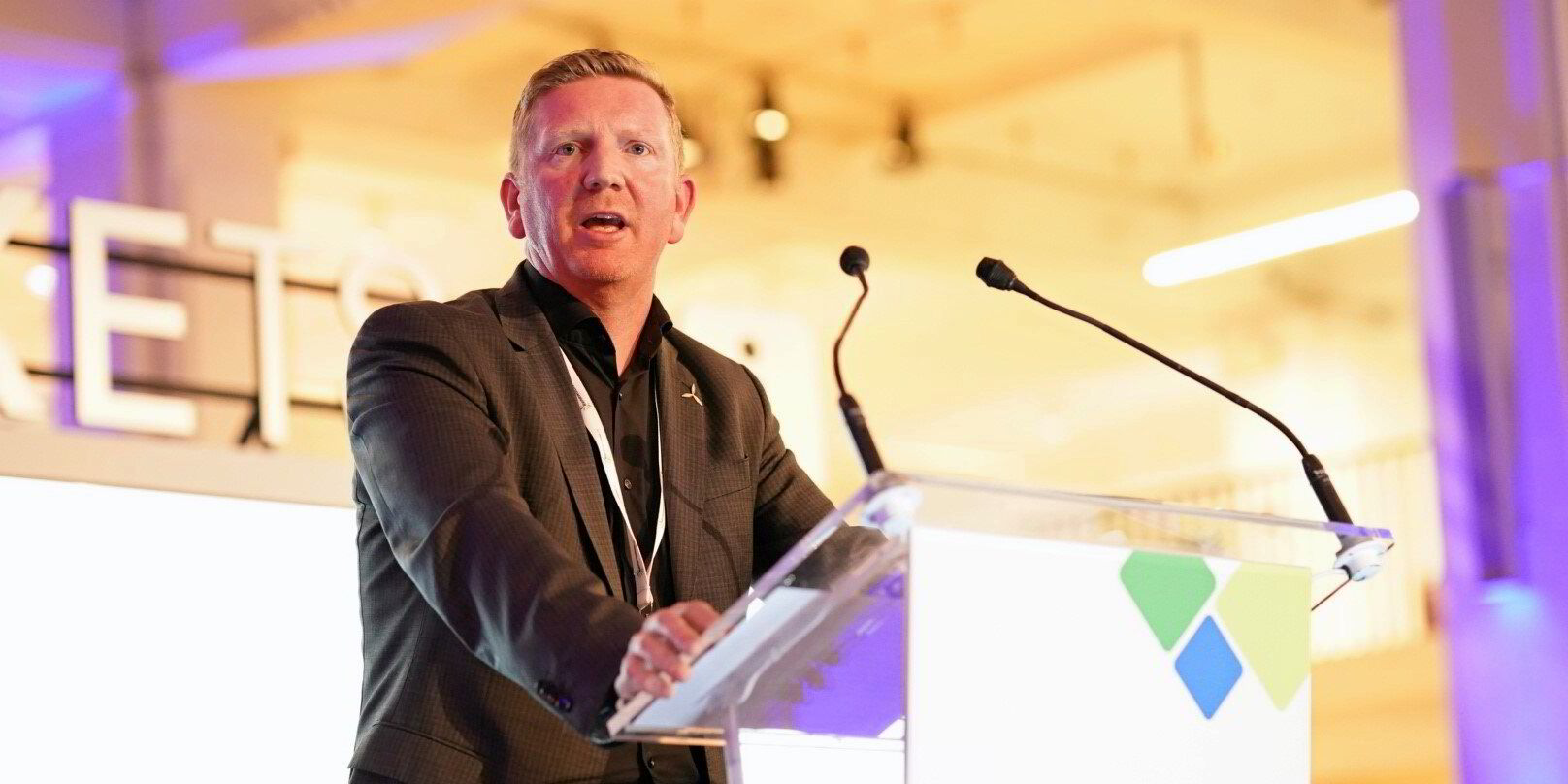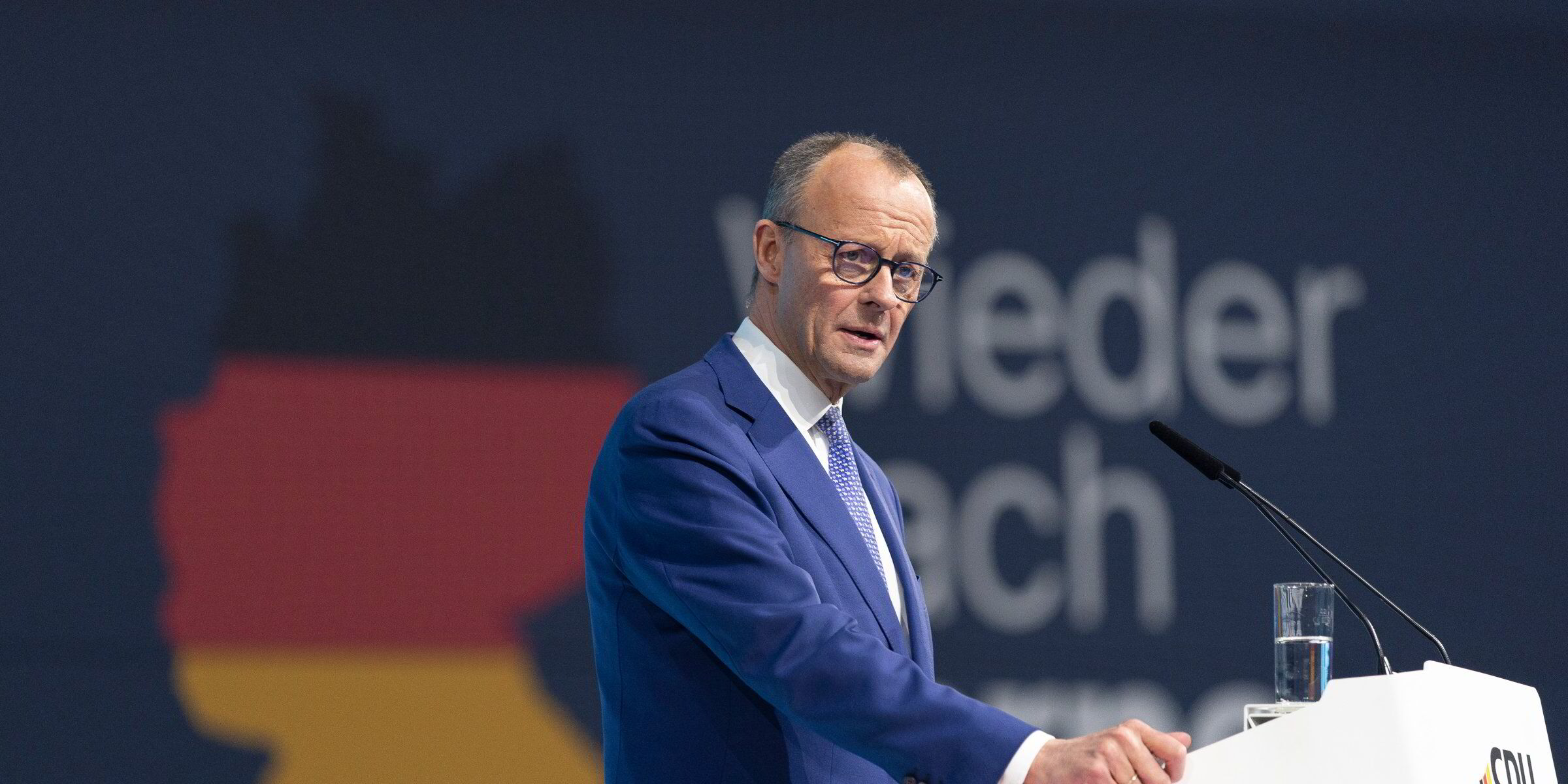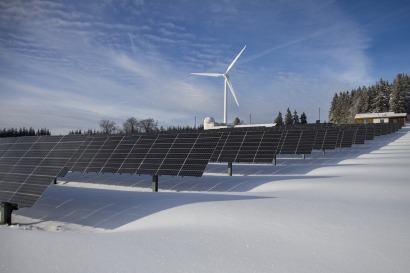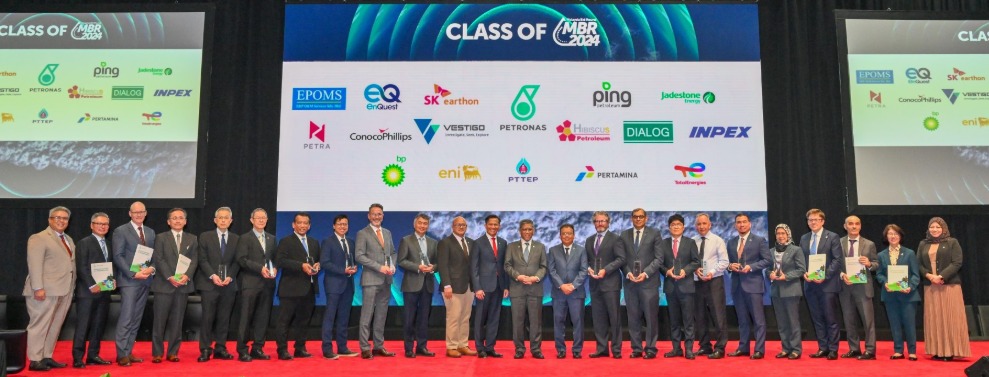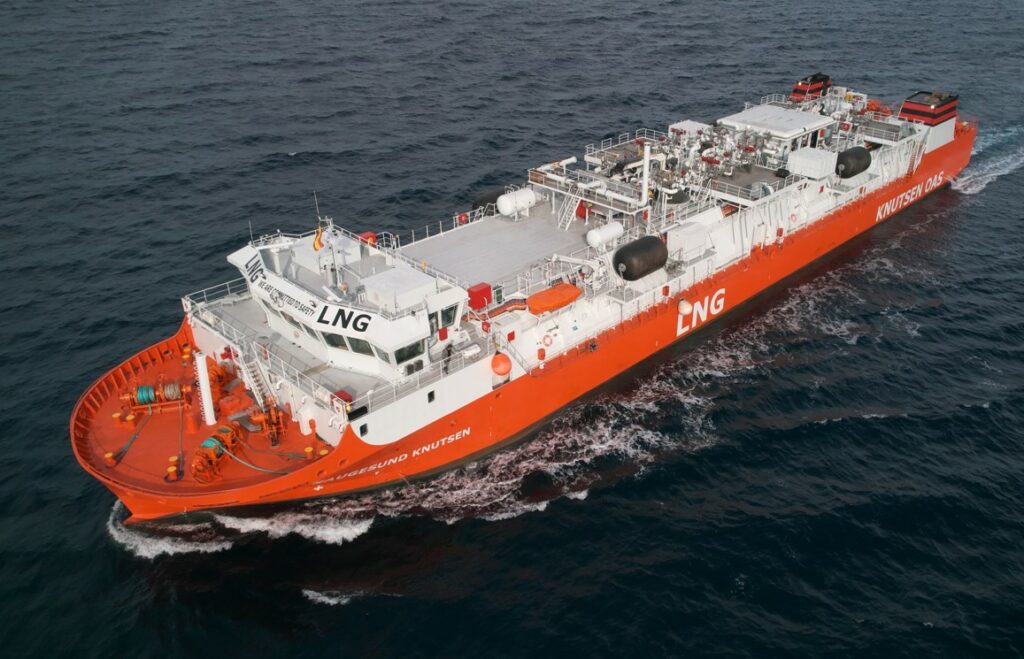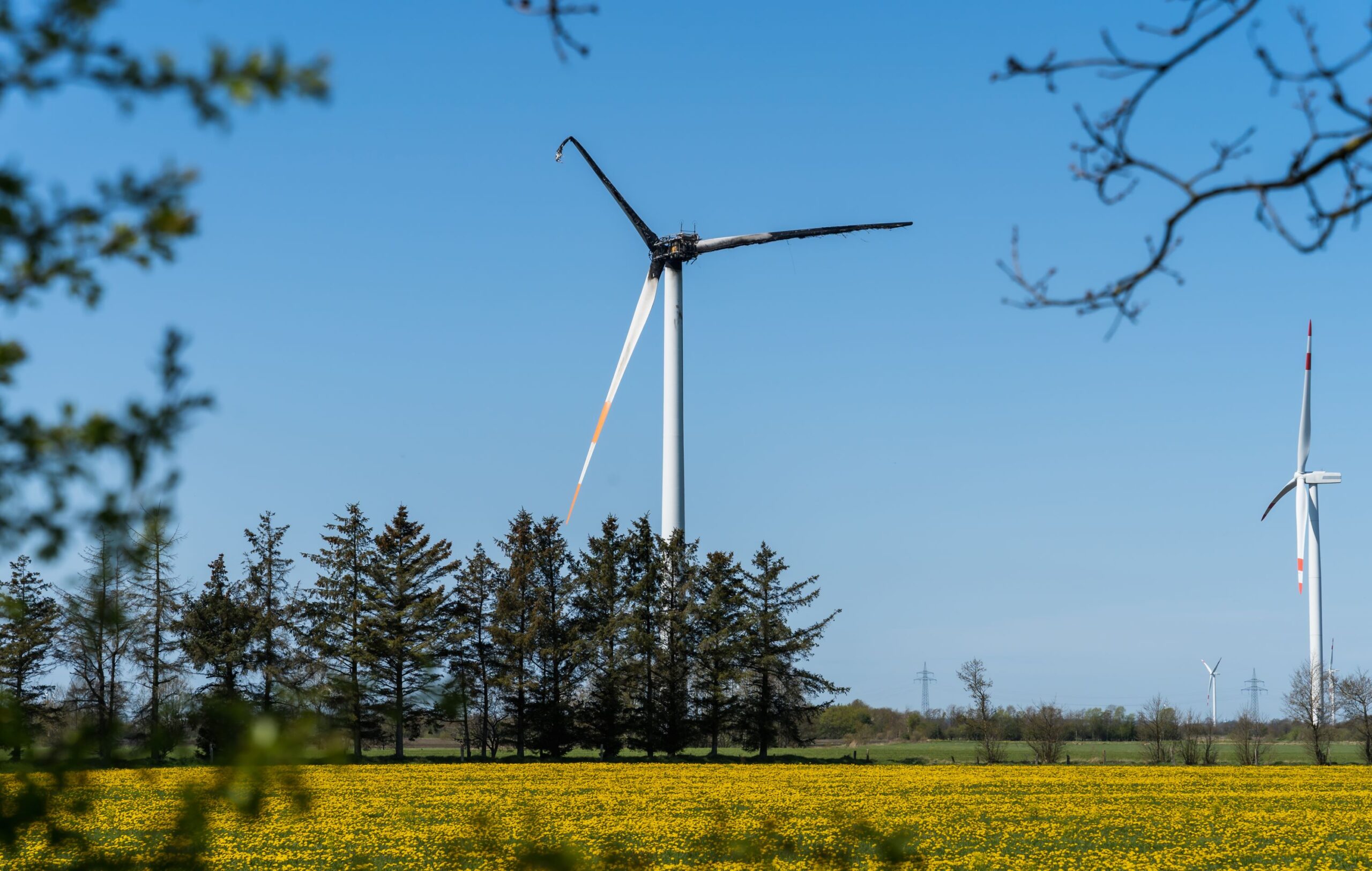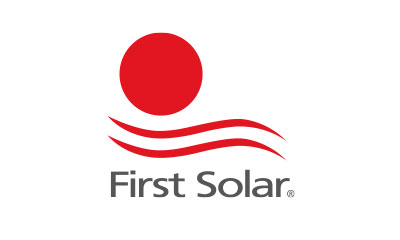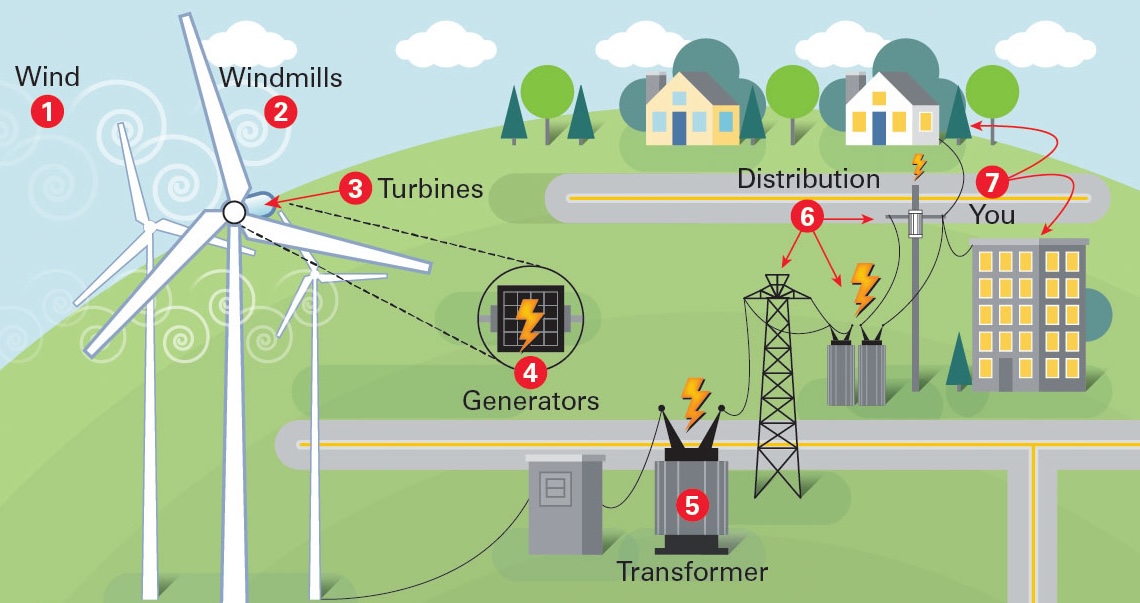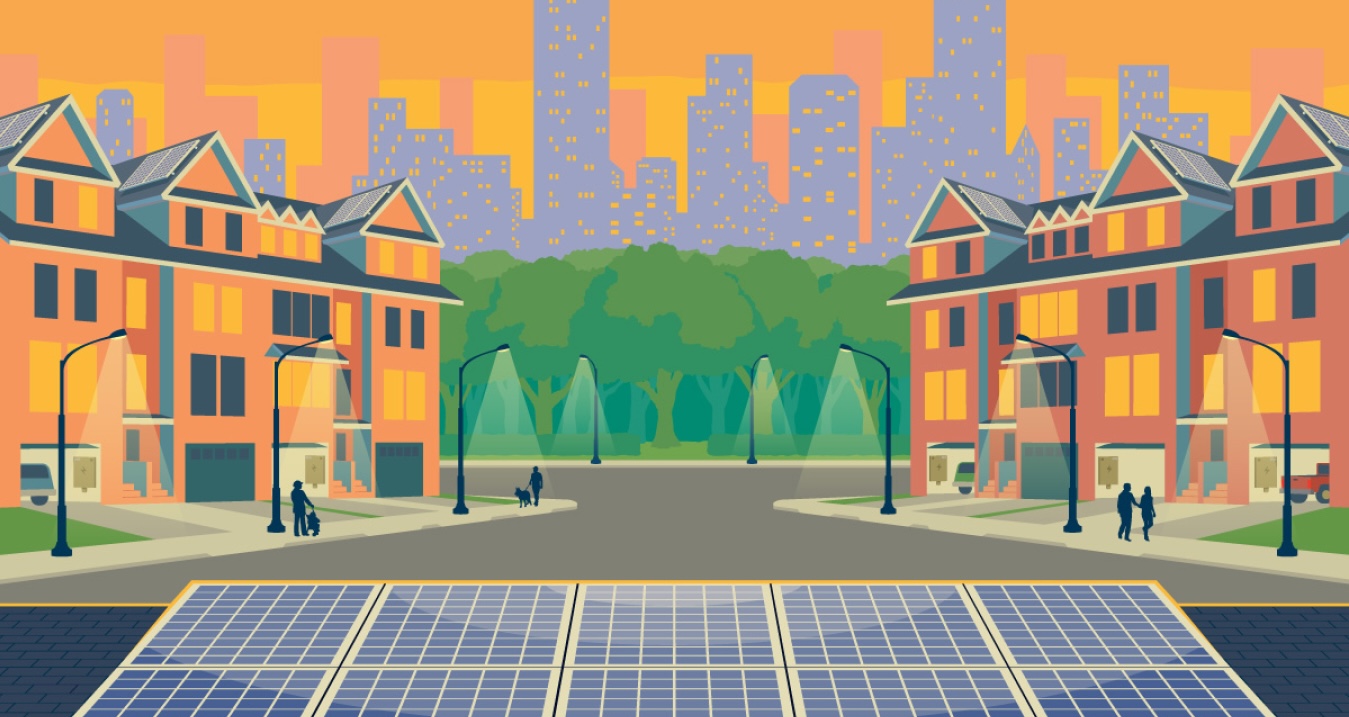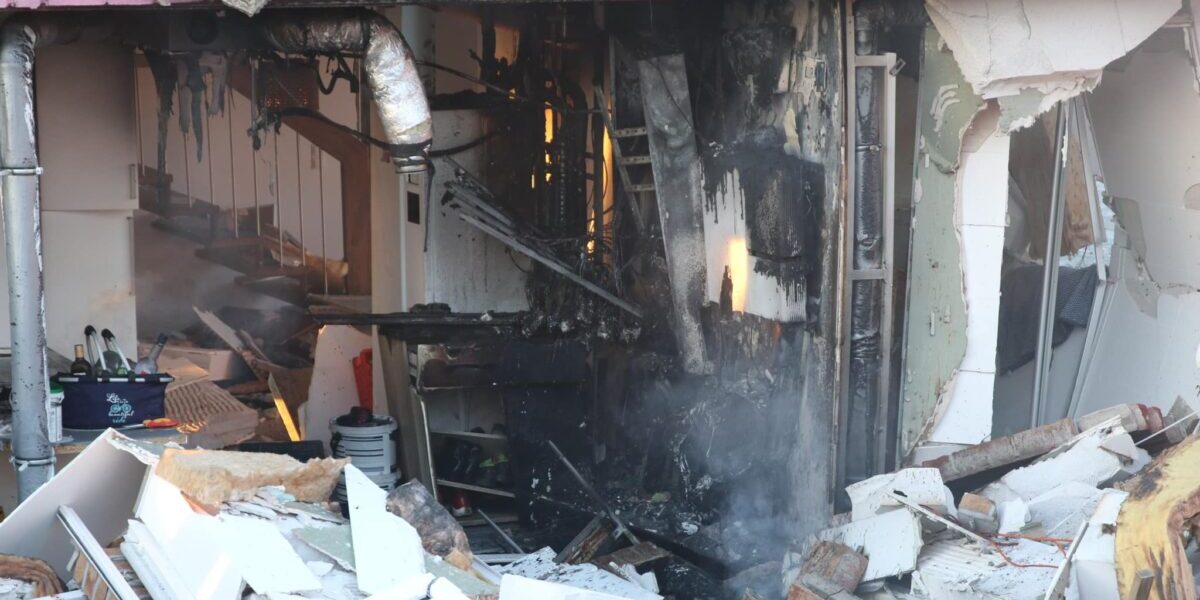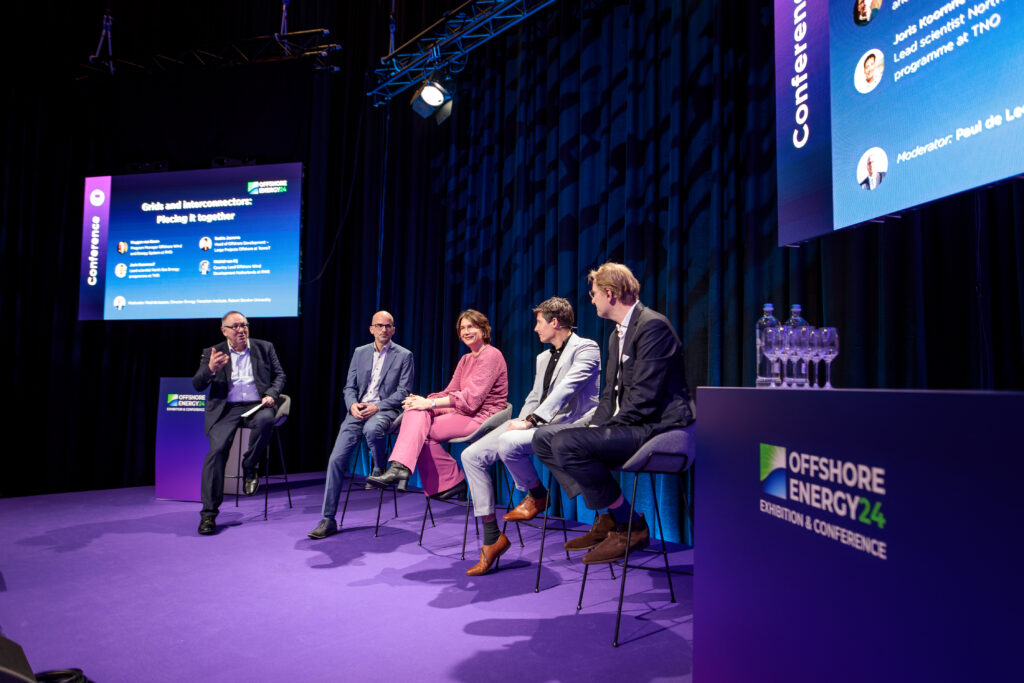From Gases to Skincare, Air Liquide is Changing the Game for Cosmetics Innovation
Seppic’s Fermentation Lab Signals a Strategic Expansion for Air Liquide A Step Beyond Traditional Expertise Air Liquide, best known for…
Seppic’s Fermentation Lab Signals a Strategic Expansion for Air Liquide
A Step Beyond Traditional Expertise
Air Liquide, best known for its leadership in the industrial gases sector, is venturing into new territory through its subsidiary Seppic’s latest innovation. Seppic recently inaugurated a fermentation biotechnology laboratory at the Air Liquide Innovation Campus in Delaware, marking a significant shift for a company traditionally associated with gases for sectors like healthcare, food, and electronics. This move, while distinct from Air Liquide’s usual focus, aligns with its long-term strategy of branching into sustainability-driven solutions.
Historically, Air Liquide has been a dominant player in producing and distributing essential gases such as oxygen, nitrogen, and hydrogen. These have served industries ranging from manufacturing to healthcare, including critical applications like oxygen for hospitals and advanced materials for microelectronics. Yet, the addition of biotech capabilities through fermentation research demonstrates the company’s adaptability to evolving global priorities—namely decarbonization and resource efficiency.
The Delaware laboratory will develop biobased ingredients for the cosmetics and healthcare industries. Fermentation technology allows for the production of environmentally sustainable ingredients by utilizing renewable feedstocks, offering a stark departure from traditional petrochemical processes. While this shift stretches beyond their core expertise, it showcases the company’s willingness to harness novel approaches to meet market demands, particularly in sustainability.
Key Features Addressed in this Article:
-
Air Liquide’s Traditional Focus
- Renowned for leadership in industrial gases such as oxygen, nitrogen, and hydrogen.
- Serves key industries, including healthcare, food, electronics, and manufacturing.
- Expertise includes low-carbon hydrogen production, storage, and distribution to support industrial decarbonization and clean mobility.
-
Expansion into Fermentation Biotechnology
- Air Liquide subsidiary Seppic has opened a fermentation lab at the Delaware Innovation Campus.
- The lab utilizes microorganisms to produce biobased ingredients for cosmetics and healthcare products.
- This marks a shift from their traditional gas-focused operations while aligning with sustainability goals.
-
How Fermentation Technology Works
- Microorganisms like bacteria or yeasts convert organic substrates (e.g., sugars) into biobased compounds through metabolic processes.
- Operates in oxygen-rich or oxygen-deprived environments.
- Produces ingredients such as amino acids, polysaccharides, bioactive peptides, and lipids used in skincare and health applications.
-
Benefits of Fermentation Technology
- Environmental Benefits
- Low energy consumption due to mild operating conditions (ambient temperature and pressure).
- Minimizes waste and eliminates harmful chemical catalysts.
- Uses renewable feedstocks, reducing reliance on petrochemicals and fossil resources.
- Promotes biodiversity conservation by avoiding environmentally harmful processes.
- Industrial Efficiency
- High product purity and consistency due to controlled closed-system processes.
- Scalable technology suited to diverse industries, including pharmaceuticals and cosmetics.
- Aligns with global consumer demand for eco-friendly and sustainable ingredients.
- Environmental Benefits
-
Strategic Alignment with Air Liquide’s Vision
- Fits within the company’s ADVANCE 2025 plan, prioritizing sustainability and decarbonization.
- Complements hydrogen initiatives, both aimed at replacing carbon-intensive processes with cleaner alternatives.
- Demonstrates a strategic push toward innovation, utilizing €300 million annually in R&D funding.
-
Investment and Timelines
- The fermentation lab builds on U.S. operations established in Delaware since 2007.
- Supports broader global scaling with complementary research facilities in France (expected to open in 2024).
- Air Liquide plans a €45 billion investment surge between 2022 and 2025—focusing on hydrogen and sustainable technology fields like fermentation.
-
Practical Applications and Long-Term Potential
- Near-term benefits include eco-conscious ingredients in skincare and health products.
- Future opportunities across pharmaceuticals, biofuels, and industrial enzymes.
- Demonstrates how the company can expand capabilities to address global sustainability challenges while maintaining its traditional strengths in gases and energy.
Aligning with a Vision of Decarbonization
Air Liquide has consistently maintained that sustainability is at the heart of its corporate vision under its ADVANCE strategic plan for 2025. This plan emphasizes decarbonizing industrial operations, advancing technological innovation, and fostering global progress. Seppic’s fermentation initiative naturally fits this ethos, addressing environmental concerns while creating innovative solutions for the cosmetics and health industries.
Fermentation biotechnology aligns with the company’s push to decarbonize operations by 2025 and support industries with sustainable products. While fermentation might appear to diverge from Air Liquide’s traditional competencies, it reflects the group’s commitment to using its resources and expertise to explore adjacent markets with significant sustainability potential.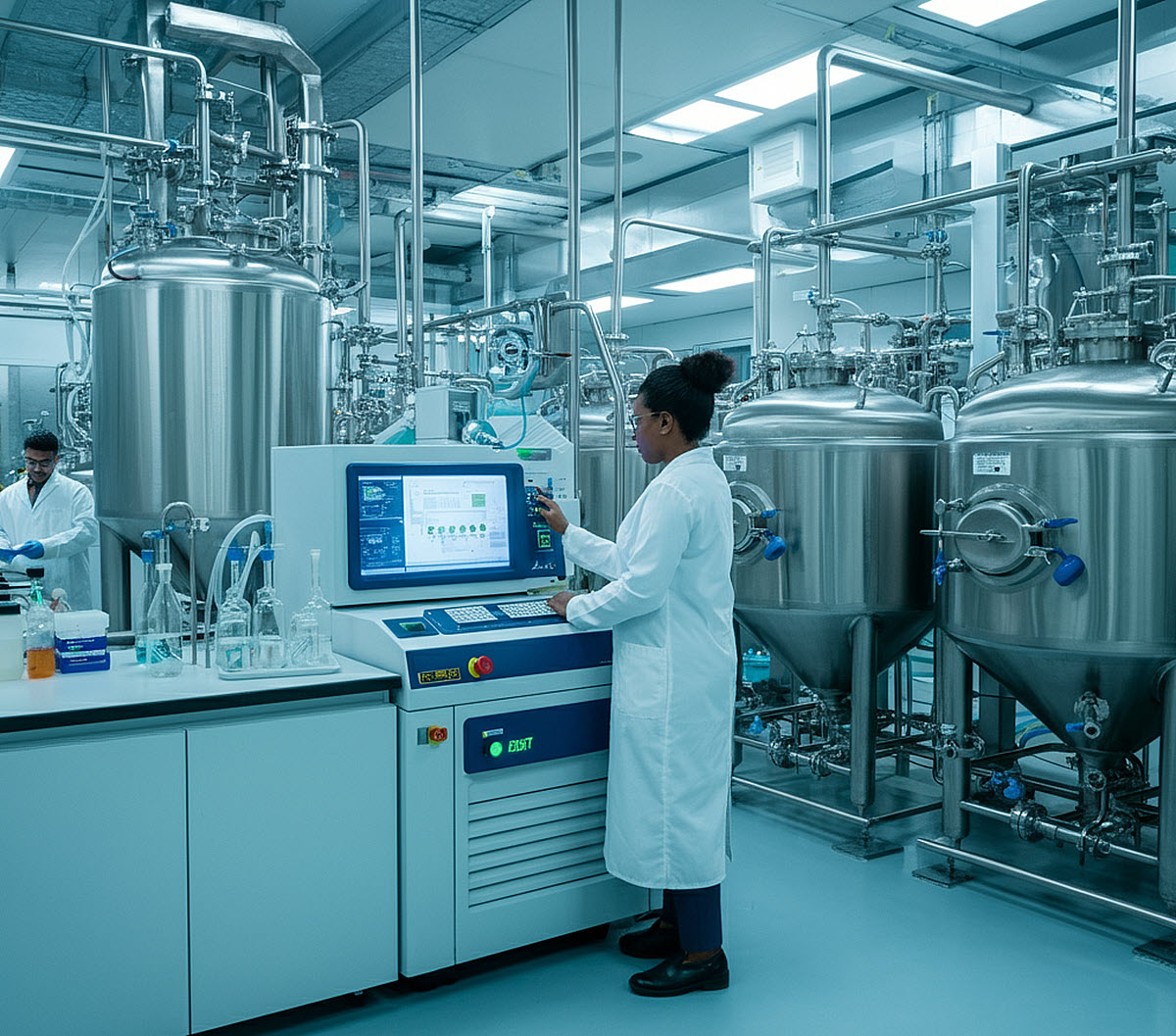
Furthermore, this step complements Air Liquide’s ongoing work in renewable energy and materials innovation, with hydrogen technology being a prime example. The company has spent decades building a leadership position in the hydrogen sector, developing low-carbon hydrogen production, storage, and distribution systems that support industrial decarbonization and mobility—a growing field with applications for trucks, trains, and even urban transport systems.
The same sustainability principles that drive their hydrogen strategy permeate Seppic’s initiatives. Both focus on replacing carbon-intensive methods with cleaner, scalable solutions, advancing global goals of reducing CO2 emissions and ecological impact.
Green Investment and Timelines
Seppic’s establishment of a fermentation biotechnology lab reflects the operational and financial commitment that Air Liquide is directing toward innovation-driven growth. With over €300 million invested annually in R&D, and 50% of those funds specifically allocated to technologies for the energy transition and sustainability, this initiative is part of a broader vision shared across both entities.
The laboratory benefits from its location in Delaware, a hub for biotech research and Air Liquide’s established U.S. operations since 2007. It will also build on synergies with Seppic’s ongoing research in France, where new facilities are expected to open in 2024. These investments reflect a calculated timeline toward scaling capabilities globally.
Simultaneously, the company is ramping up its hydrogen efforts. The company plans to dedicate €8 billion to hydrogen-related infrastructure and tripling its hydrogen sector revenues by 2035, underscoring the alignment between operational diversification and sustainable development goals.
Video with a Deep Dive into Fermentation Lab and Process
Why This Green Technology Direction Matters
Air Liquide’s foray into biotechnology comes with both risks and rewards. Expanding into fermentation allows the company to tap into growing markets for biobased ingredients in industries increasingly emphasizing sustainability. By leveraging its scale, research expertise, and distribution abilities, they are uniquely positioned to make meaningful contributions to this emerging field.
The fermentation lab also offers practical solutions for industries transitioning to greener operations. These cuts in carbon reliance can significantly affect consumer industries like cosmetics, where eco-conscious ingredients are gaining traction. Furthermore, fermentation’s integration into health-sector products adds value in promoting renewable and scalable medical solutions, a sector where Air Liquide already has strength.
Leveraging Today’s Innovations for Tomorrow’s Needs
While their traditional focus remains firmly placed on gases and hydrogen technologies, its diversification into fermentation demonstrates an ability to expand beyond its core competencies without losing sight of its roots. This move underpins a flexible yet purposeful strategy to remain relevant in a rapidly changing industrial landscape.
For immediate applications, fermentation technology offers industries an opportunity to seamlessly introduce environmentally sustainable products. Over time, as the technology matures and scales, it has the potential to revolutionize how we produce essential materials across industries—from skincare to pharmaceuticals. Meanwhile, the ongoing advancements in hydrogen technologies provide complementary solutions, reinforcing Air Liquide’s commitment to addressing climate challenges with tangible, diversified strategies.
Ultimately, the integration of fermentation biotechnology into Air Liquide’s broader portfolio illustrates how established organizations can remain competitive by evolving thoughtfully, ensuring long-term growth while tackling global sustainability demands.
What's Your Reaction?









